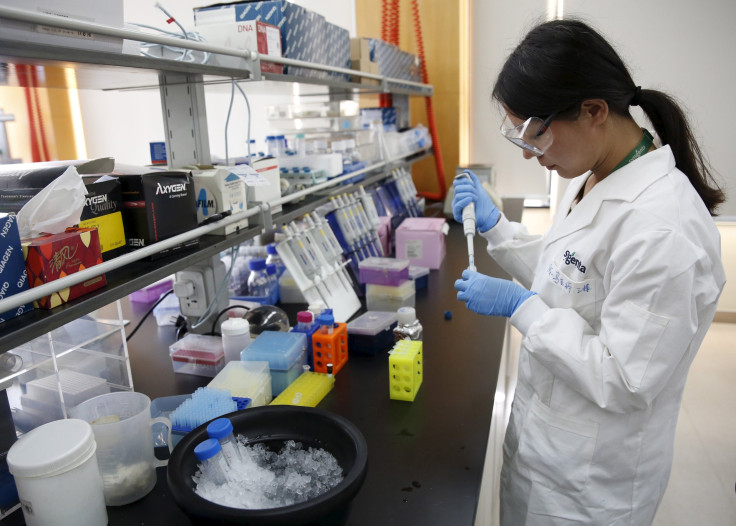Trump's Travel Ban Could Affect Biotech And Pharma Trends In The US

This article originally appeared on the Motley Fool.
There's a lot of focus on how technology companies might be negatively impacted by Donald Trump's immigration policy, but biotechnology companies could also take a hit, according to industry leaders. Biotech relies heavily on foreign-born researchers to develop game-changing medicine, and Trump's travel ban could expand to include tighter restrictions on H-1B visas that allow these skilled workers to work in the United States. Could Donald Trump's immigration policy be bad news for the U.S. biopharma industry?
Biotech leaders take a stand
In a Feb. 7 blogpost published by Nature Biotechnology, a highly respected industry journal, 166 biotech executives are panning Donald Trump's immigration travel ban. These leaders, including former Biogen CEO George Scanos and serial biotech entrepreneur Bob Langer, wrote that Trump's travel ban hampers their efforts to recruit the world's best scientists, and that the ban is increasing fear among their foreign-born employees.
If fears keep researchers from collaborating globally with one another, then it could delay, or potentially derail, medical advances. The threat of an innovation embargo because of the travel ban is being echoed by some of the planet's biggest drugmakers. For example, AstraZeneca's CEO Pascal Soriot recently told Bloomberg that "Science doesn't have borders, so anything that gets in the way of a border-less science exchange doesn't help."
Like its peers, AstraZeneca is a global company that employs tens of thousands of people at various locations worldwide. The company, which generated $23 billion in revenue last year, uses the H-1B visa program to shuttle scientists back and forth between foreign offices and its American research labs.
The need for skilled talent is big across the industry. In 2015, BioSpace listed biochemists and research and development (R&D) scientists as two of the top four biotech jobs that are most in demand. Despite salaries that can approach the six figures, many of these jobs go unfilled, and when they are filled, it's often by foreigners. As of 2014, more than 50% of the 69,000 biomedical researchers in the United States were foreign born.
Attracting these skilled workers, however, may have just gotten harder because of Trump. Biotech leaders claim in their letter that Trump has "compromised years of investment" in attracting "the best talent, wherever it is found." While the executives acknowledge every nation's right to control their borders, they believe Trump's ban was -- in their words -- "poorly conceived and implemented."
While the current ban is limited in its scope, biotech executives report that employees of all nationalities believe the ban is indicative of a policy that is unfriendly toward them. They worry that another pen stroke could keep them from returning from trips abroad, too, and that an expansion of the travel ban could cause them to lose their work visa, or result in deportation.
Perhaps, unsurprisingly, biotech leaders worry that the risk of shutting off the global talent spigot could hurt small biotech companies and start-ups most.
What this mean to investors
Patent expiration means that biotech companies focus intensely on research and development to fuel sales and profit growth, and therefore, anything that jeopardizes innovation could be a long-term negative.
In the short term, the threat of drug price controls, or Trump tweets, may pose a larger risk to biopharma share prices. However, if scientists seek employment elsewhere, a global shift in research talent could give foreign companies an edge over American companies, and that means that investors should be paying attention to how Trump's immigration policy unfolds.
Todd Campbell has no position in any stocks mentioned. His clients may have positions in the companies mentioned. The Motley Fool owns shares of and recommends Biogen. The Motley Fool has a disclosure policy.





















